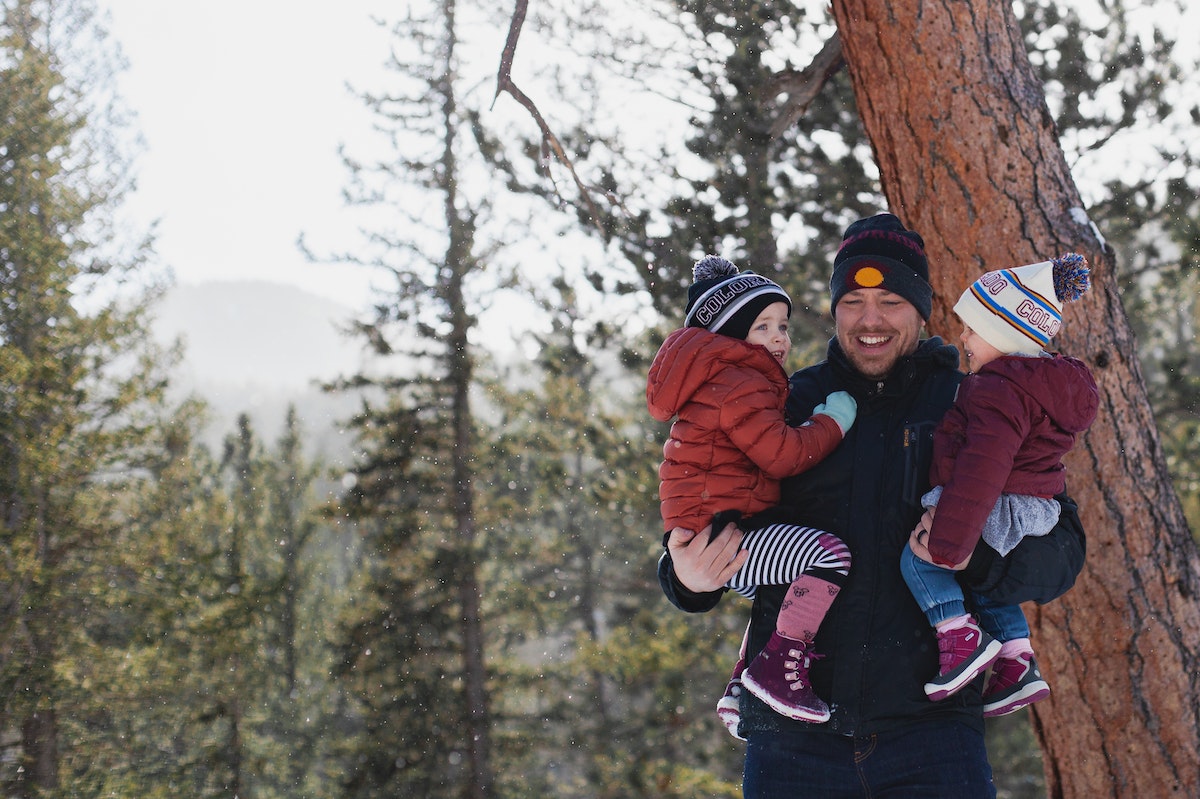
Decisions regarding child custody can be emotionally challenging and legally complex. If you find yourself in the position of having sole custody, you may be wondering about your obligations when it comes to visitation rights. In this blog post, we will delve into sole custody and visitation, shedding light on the rights and responsibilities accompanying it. We understand the importance of maintaining strong parent-child relationships while ensuring the child’s best interests.
At Apple Payne Law, our compassionate and experienced team is here to guide you through the intricacies of family law. Read on to explore this crucial aspect of custody arrangements and discover how we can support you in navigating these sensitive matters.
Contact a Kernersville child custody lawyer from Apple Payne Law for personalized legal guidance tailored to your unique situation. Our dedicated attorneys are ready to advocate for your parental rights and help you make informed decisions that prioritize your child’s well-being.
Sole custody refers to a legal arrangement where one parent has the exclusive right and responsibility to make significant decisions regarding their child’s upbringing. It can be further categorized as sole legal custody, which grants decision-making authority, and sole physical custody, which involves being the primary caregiver. In cases where one parent is awarded (total) sole custody, the other parent, known as the non-custodial parent, typically has at least some visitation rights or parenting time.
The court’s determination of sole custody is based on various factors, including the child’s best interests, parental history, and any documented instances of abuse, neglect, or substance abuse. Sole custody in North Carolina may be sought through court proceedings or agreed upon through a custody order or agreement. Sole custody is extremely rare in North Carolina.
Visitation, also called parenting time, allows the non-custodial parent, who does not have sole physical custody, the opportunity to spend time with their child. Visitation plays a crucial role in maintaining and nurturing the parent-child relationship, promoting emotional bonds, and providing a sense of stability and continuity for the child.
Children benefit from having relationships with both parents, even if one has sole custody. Visitation allows the child to maintain connections with their non-custodial parent, participate in shared experiences, and receive love and support from both parents. It enables the child to develop a well-rounded upbringing that incorporates the perspectives and influences of both parents.
Family courts generally recognize the importance of visitation rights and strive to create arrangements that serve the child’s best interests. When there is no history of abuse or neglect, the non-custodial parent is typically granted visitation rights through a court order or agreement. This ensures that the child’s welfare remains a top priority while allowing the non-custodial parent to actively participate in their child’s life.
While courts generally encourage meaningful contact between the child and both parents, they prioritize the child’s safety and well-being above all else. It is important for parents who have primary or sole custody to follow a court’s custody order when it comes to the visitation of the other parent.
Here are some situations where visitation may be denied:
It’s important to note that the decision to deny or restrict visitation lies with the court, which carefully considers the child’s best interests when making such determinations.
Navigating child custody matters can be emotionally challenging, but with the right legal guidance, you can make informed decisions that prioritize your child’s well-being. At Apple Payne Law, our mission is clear: helping families navigate life’s important decisions. Our compassionate and experienced attorneys are here to support you every step of the way, advocating for your parental rights and guiding you through the intricacies of family court.
Whether you are seeking sole custody, exploring visitation options, or need assistance with custody modifications, our dedicated team is ready to provide personalized legal advice tailored to your unique situation. We are committed to protecting your rights, ensuring your child’s best interests, and promoting healthy parent-child relationships.
Contact Apple Payne Law today to schedule a free consultation and take a step towards a brighter future.
190 Charlois Blvd.
Suite 200
Winston-Salem NC 27103